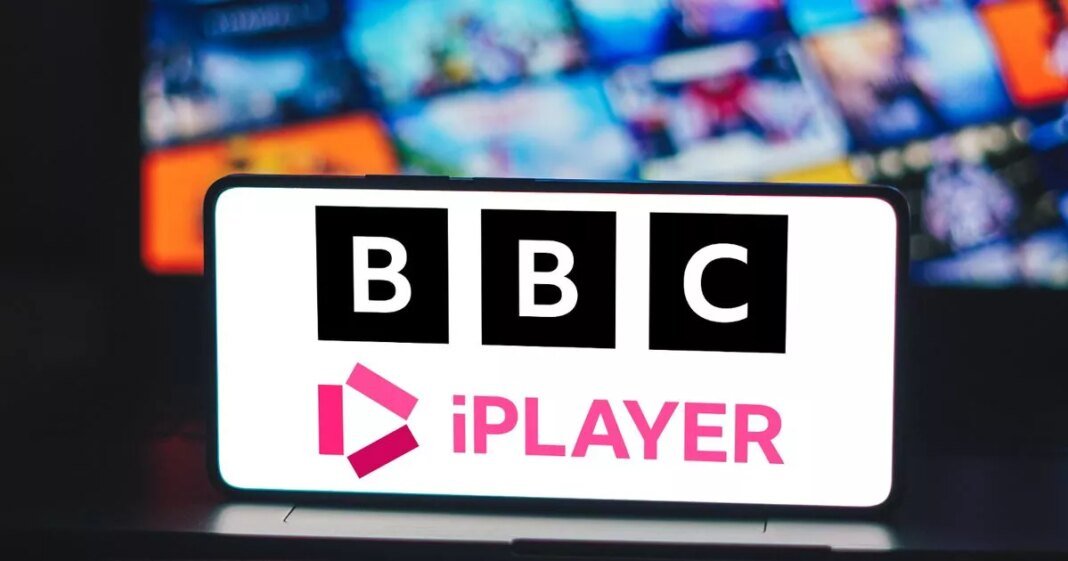Millions of households in the UK are transitioning to online streaming services instead of relying on traditional TV methods like aerials or satellite dishes. Recent data from Sky reveals that the majority of new sales are attributed to their Glass TV and Stream Box, both powered by broadband. Additionally, the introduction of Freely provides an alternative for live TV streaming over the internet.
The streaming industry continues to flourish due to the vast content offerings, user-friendly interfaces, and straightforward self-installation processes. However, a common drawback in live sports streaming platforms, such as BBC iPlayer, is the latency issue, which can range from 30 to 40 seconds. This delay becomes particularly problematic when watching fast-paced sports like football, rugby, or tennis.
Acknowledging this challenge, Sky has taken steps to reduce latency on their streaming devices, achieving a significantly reduced delay of only a few seconds. Following suit, the BBC has confirmed its efforts to address this issue by working on a similar solution.
Explaining the current situation, the BBC stated that while the delay on iPlayer has decreased recently, it still lingers around 40 seconds. In comparison, their broadcast services boast an end-to-end delay of just 8-10 seconds, highlighting a substantial improvement in latency. The BBC emphasized the importance of minimizing delays, especially for live sports and events with active social media engagement, to enhance the viewing experience.
To enhance their streaming quality, the BBC is actively developing a “low latency streaming” feature. They are inviting iPlayer users to participate in testing the new functionality before its official rollout. Users with 3rd and 2nd generation Amazon Fire TV Sticks, as well as Samsung’s CU8000 and CU8500 TVs, can access the iPlayer Beta experience in their settings to enjoy reduced lag in streams.
During the initial trial phase, viewers who enable ‘iPlayer beta’ in settings and set their location to England or Scotland can experience the improved streaming performance on BBC Two between 9 am and 5 pm. The BBC stressed that this trial aims to assess the real-world performance of viewers’ internet connections and may expand as confidence in the technology grows.
As the BBC strives to enhance streaming experiences, they encourage viewers to participate in the trial to shape the future of low latency streaming technology.



